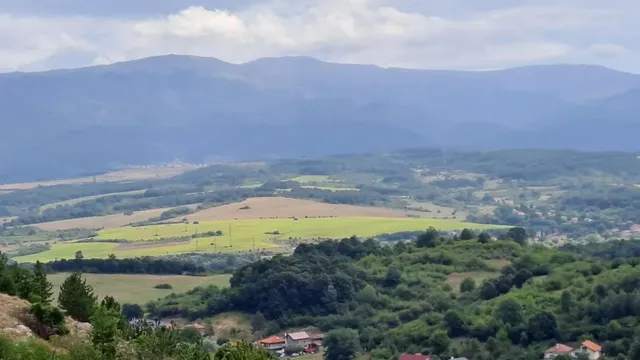A simple walk in the woods has a huge impact on our brains, and in particular on our ability to concentrate. This is clear from the book "Nature and the Mind" by Mark Berman, a professor of psychology at the University of Chicago, which was published this week. According to a study conducted by the researcher in 2008 with two of his colleagues, a 50-minute walk in nature can improve participants' ability to concentrate by 20% compared to a walk in an urban environment.
"There's something about a walk in nature that benefits our attention," Gloria Mark, a professor of computer science at the University of California, told the New York Times. However, she specifies that this mechanism is still theoretical: We don't know if there is really an explanation for what is happening, Gloria Mark also says.
This hypothesis is part of a series of studies that suggest that simply being in nature helps our brains recharge, although the exact mechanisms remain a mystery.
The theory of attention restoration was formulated in the 1980s by Rachel and Steven Kaplan, psychologists at the University of Michigan, who argued that our ability to concentrate is a limited resource. A walk in a natural park allows us to restore this resource, and cognitive test scores can increase by nearly 20%.
According to Mark Berman, these benefits occur even if the walk is not enjoyable. Nature attracts our attention without overwhelming it, unlike urban landscapes with their oppressive shapes and constant stimuli.
Another study shows that brain activity and eye movements decrease in the presence of natural elements. Amy McDonald of the University of Utah, based on Mark Berman's experiment, observed that the brain "recharges" after a walk in the forest, regaining its full ability to concentrate on cognitive tasks.
All of this data suggests that contact with nature does have an effect on our brains, although science is not sure exactly why. Perhaps it's due to the simple change of environment, the stark contrast between the city and the countryside. Whatever it is, your next walk in the park deserves to be taken seriously.
Think about this the next time you feel overwhelmed by the stress of screens and the city. Put on your walking shoes and try to find a little piece of nature, a park or forest, if you're lucky enough to have one near your home. Your brain may thank you sooner than you think. I BGNES
Scientists are puzzled by how a walk in nature recharges our brains

BGNES
A simple walk in the woods has a huge impact on our brains, and in particular on our ability to concentrate.


 Breaking news
Breaking news
 Europe
Europe
 Bulgaria
Bulgaria





